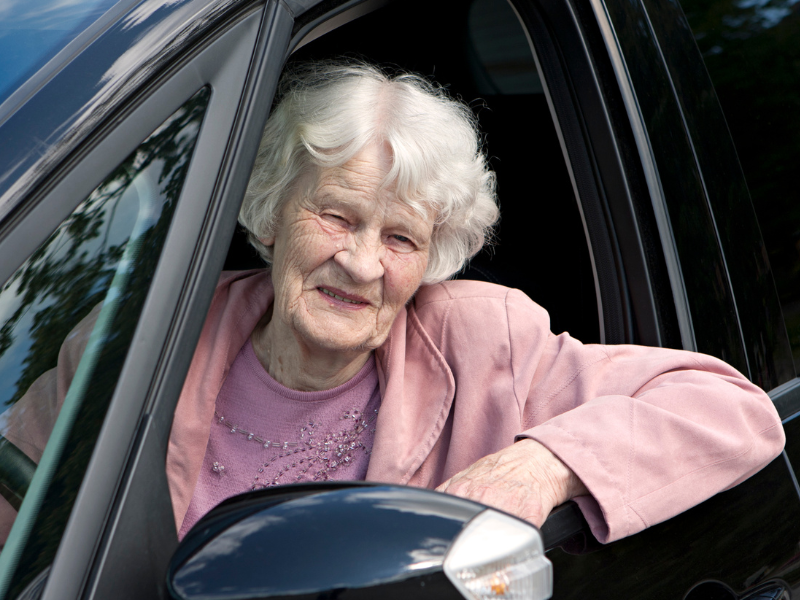Safety Tips for Older Drivers

While some individuals drive safely into their 80s, other problems exist. For example, while eye and hand coordination might be okay, pain in knee joints could impede breaking. So, those in their family (and physicians) should work toward excellent safety.Here at Prestige Home Care, we hear about problems like this regularly. The number of drivers on the road grows annually, and our eldest strives to remain independent, and driving is a massive part of that goal. So what steps can people take? What safety tips for older drivers help the most?
Understanding Risk Factors
While you can watch your senior drive, knowing some risk factors impeding safety is generally helpful. They include age-related changes in:
- Memory
- Vision
- Physical functioning
- Medications
- Disease progression.
The face of your loved one’s health sometimes changes rapidly. So keep yourself abreast of warning signs that something’s amiss. When you’re concerned, take your loved one for an exam before they grab the keys again. Offer to drive in the meanwhile.
Common Sense Safety Tips for Older Drivers
You know the old saying, “common sense isn’t common,” well it holds no matter your age. Seniors should remember to:
- Avoid driving if they have a medication that makes them sleepy or dizzy. Talk to your pharmacist about this.
- Avoid driving after drinking. Alcohol impairs their judgment and impacts reaction time negatively
- Leave their hands on the wheel (no eating, drinking, texting, etc.)
- Maintain the proper distance between their car and the one in front of them.
- Drive during daylight
- Drive in safe conditions
- Wait for bad weather to clear before going out on the road
- Wear a seat belt. There are pads they can add if the shoulder point proves uncomfortable.
Suppose an individual still drives but has an aide from Prestige Home Care to accompany them. In that case, the caregiver can gently remind any of these, depending on the situation.
Beyond the Car
Outside the car, seniors can do other things to help them with driving and daily life. An example is using CDC’s mobility plan, which allows individuals to prepare for mobility changes that could increase vehicle crashes and falls risk.
Work with your physician on finding a mindful activity program you can stick to. You want to stay as strong and flexible as possible. Along the same lines, Get annual eye exams and always wear the prescribed glasses.
Take the time to plan out a well-known route. You’re looking to find the smoothest way, places with less traffic, and areas where you can park easily. No matter a person’s age, parallel parking is a challenge.
If you feel a little off (be honest with yourself), consider public transit, ride share, or calling a friend.
Car Technology that Can Help
Every day it seems car manufacturers come out with new technologies. Many of these can support excellent safety for their driver. The American Automobile Association found six features for reducing the risk of crashing.
- Forward collision warning
- Automatic crash notification
- Rearview display for parking assistance (and backing up)
- Self-parking systems
- GPS (or another navigational tool)
The Prestige Difference
Sometimes, all the safety in the world cannot help maintain a driving license, making an individual feel isolated and discouraged. Having an in-home caregiver becomes a blessing. Our aides at Prestige focus on socialization alongside their other tasks. Contact us at our Philadelphia, PA, office at any time for more information:
Call us at 215-677-3299
Email: info@prestigehca.com
